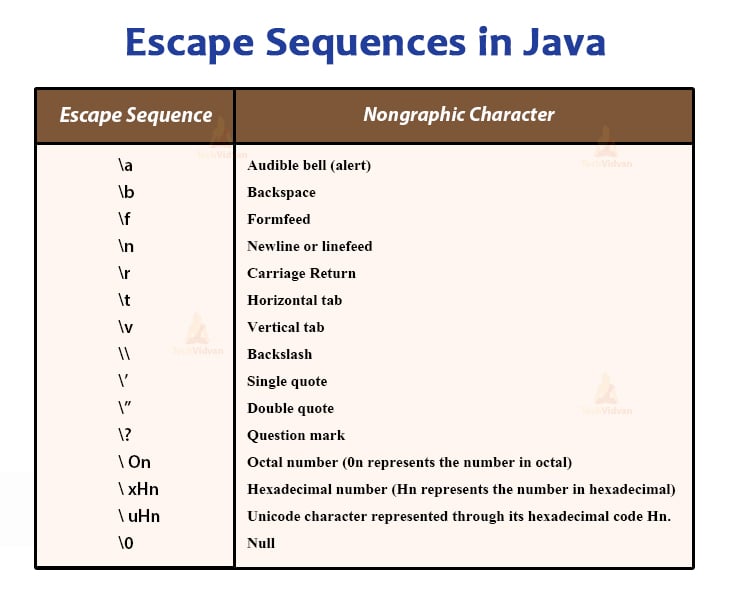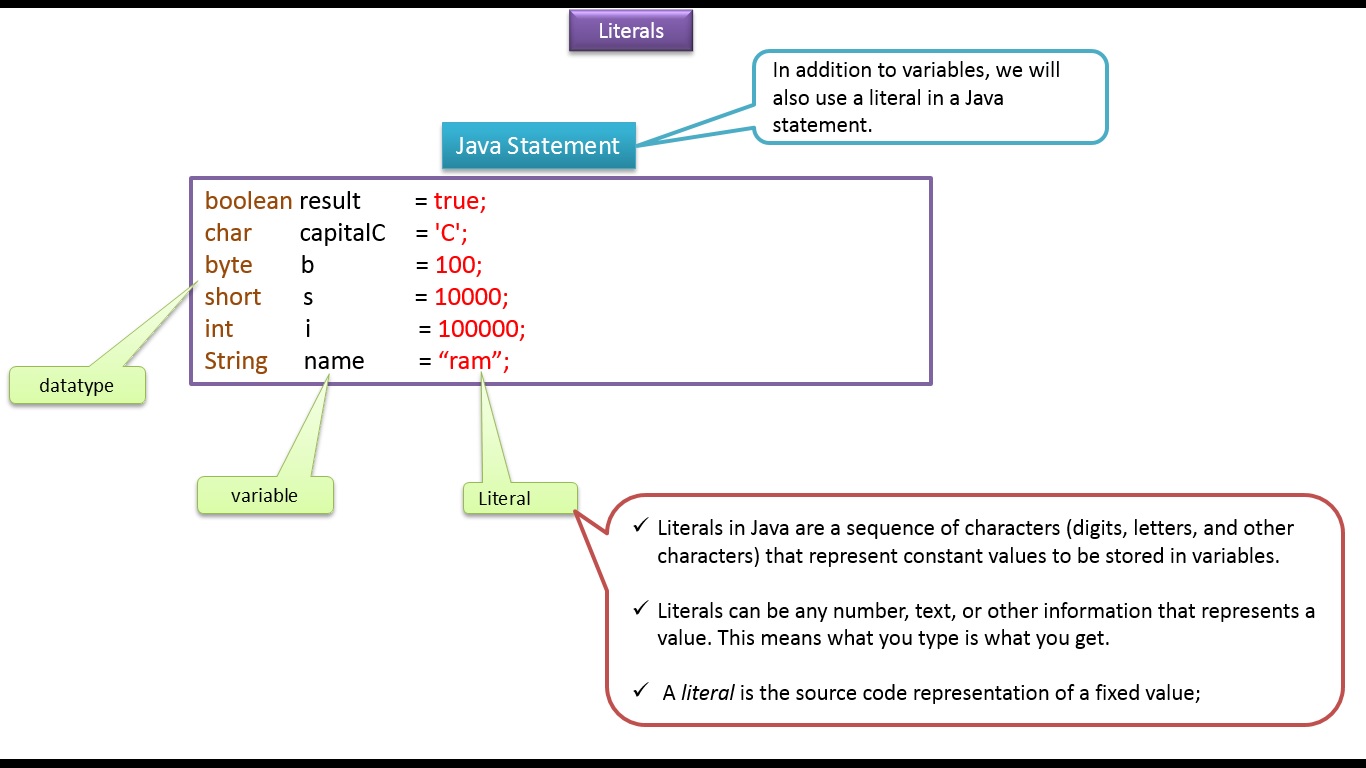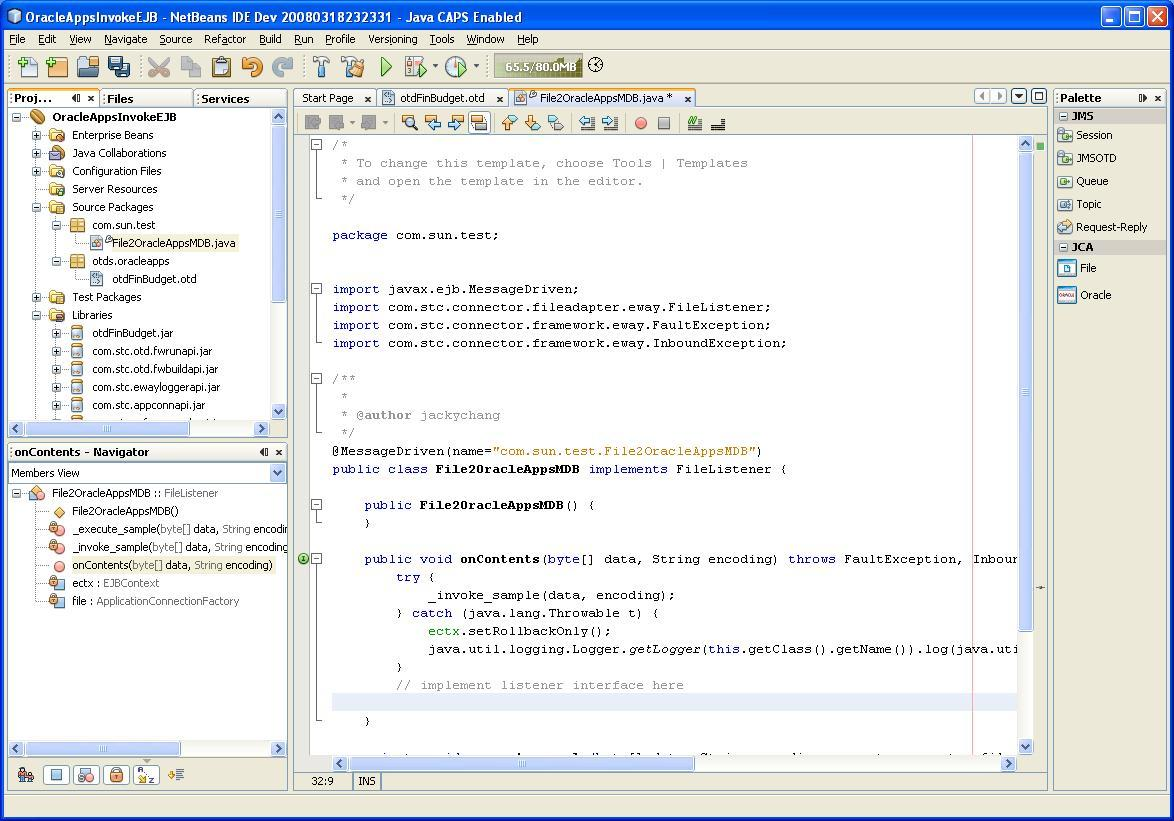Java Template Literals
Java Template Literals - Web template literals in java i know in javascript there are template strings that allow you to do this: They were called template strings in. String concatenation is kinda ugly and boring. Web javascript template literals require backticks, not straight quotation marks. Web template literals are a new feature introduced in ecmascript 2015/ es6. Web template literals (template strings) allow you to use strings or embedded expressions in the form of a string. Web java variables and literals java variables a variable is a location in memory (storage area) to hold data. Web template literals are string literals allowing embedded expressions. Web javascript | template literals. Web formatting a string in java feels very similar. They are enclosed in backticks ``. Template literal in es6 provides new features to create a string that gives more control over dynamic strings. If (conditional) a = `test$ {a} more text`; Here's a trick i've used from time to time: It provides an easy way to create multiline strings and perform string interpolation. This is a preview language feature and api. Template literal in es6 provides new features to create a string that gives more control over dynamic strings. They were called template strings in. It is a medium of expressing particular values in the. It provides an easy way to create multiline strings and perform string interpolation. Web java variables and literals java variables a variable is a location in memory (storage area) to hold data. Web template literals are string literals allowing embedded expressions. Web formatting a string in java feels very similar. If (conditional) a = `test$ {a} more text`; Now with template literals i would do. String templates complement java's existing string literals and text blocks by coupling literal text with embedded expressions and template processors to produce specialized results. They were called template strings in. It provides an easy way to create multiline strings and perform string interpolation. Web template literals in javascript [duplicate] ask question asked 4 years, 11 months ago modified 2 years,. It is a medium of expressing particular values in the. For example, const name = 'jack';. Const templatestr = `$ {firststr} $. Web are there no template literals in java? Web template literals are string literals allowing embedded expressions. This is a preview language feature and api. Web java variables and literals java variables a variable is a location in memory (storage area) to hold data. Template literal in es6 provides new features to create a string that gives more control over dynamic strings. String templates complement java's existing string literals and text blocks by coupling literal text with. Web javascript | template literals. Here's a trick i've used from time to time: It is a medium of expressing particular values in the. Web template literals in java i know in javascript there are template strings that allow you to do this: Web text blocks just provide us with another way to write string literals in our source code. String concatenation is kinda ugly and boring. They were called template strings in. Javascript got template literals and interpolations recently, i was wondering if there is. The format() method of the formatter is exposed via a static method from the string class. To indicate the storage area, each variable should be given a unique. Web template literals are string literals allowing embedded expressions. Web template literals in javascript [duplicate] ask question asked 4 years, 11 months ago modified 2 years, 10 months ago viewed 25k times 17 this question already. Web template literals provide an easy way to interpolate variables and expressions into strings. This is a preview language feature and api. Web java. For example, const name = 'jack';. Javascript got template literals and interpolations recently, i was wondering if there is. Const templatestr = `$ {firststr} $. Web are there no template literals in java? The method is called string interpolation. For example, const name = 'jack';. Web template literals are string literals allowing embedded expressions. The format() method of the formatter is exposed via a static method from the string class. Else a = `test$ {b} more text`; They were called template strings in. Web template literals in java i know in javascript there are template strings that allow you to do this: To indicate the storage area, each variable should be given a unique. Web snippetory templates provide a great separation of concerns by moving the data binding logic out of the template. Web template literals (template strings) allow you to use strings or embedded expressions in the form of a string. The method is called string interpolation. It provides an easy way to create multiline strings and perform string interpolation. If (conditional) a = `test$ {a} more text`; Web formatting a string in java feels very similar. Web text blocks just provide us with another way to write string literals in our source code. Web template literals provide an easy way to interpolate variables and expressions into strings. It is a medium of expressing particular values in the. String templates complement java's existing string literals and text blocks by coupling literal text with embedded expressions and template processors to produce specialized results. They are enclosed in backticks ``. Javascript got template literals and interpolations recently, i was wondering if there is. Web template literals are a new feature introduced in ecmascript 2015/ es6. This is a preview language feature and api. Web template literals provide an easy way to interpolate variables and expressions into strings. To indicate the storage area, each variable should be given a unique. Here's a trick i've used from time to time: If (conditional) a = `test$ {a} more text`; Web template literals in java i know in javascript there are template strings that allow you to do this: Web template literals are a new feature introduced in ecmascript 2015/ es6. String templates complement java's existing string literals and text blocks by coupling literal text with embedded expressions and template processors to produce specialized results. String concatenation is kinda ugly and boring. Web text blocks just provide us with another way to write string literals in our source code. Template literal in es6 provides new features to create a string that gives more control over dynamic strings. Web var a = text+ (conditional?a:b)+ more text. Web are there no template literals in java? Now with template literals i would do. Else a = `test$ {b} more text`; The format() method of the formatter is exposed via a static method from the string class.Java Literals Concept Every Java Programmer Must Know TechVidvan
JAVA EE Java Tutorial Literals in Java
Pin on Let's Revisit JS
JAVA EE Java Tutorial Java Character Literals
Multiline String literals with Java Text Blocks Vlad Mihalcea
What Is A Literal In Java slidesharetrick
Frameworkless JavaScript Template Literals with HTML Syntax Highlighting
Using the Oracle Applications Wizard and JCA Adapter Tooling with an
Advanced Java tutorial String Literals YouTube
Escape javascript template literals Stack Overflow
Web Formatting A String In Java Feels Very Similar.
It Provides An Easy Way To Create Multiline Strings And Perform String Interpolation.
Const Templatestr = `$ {Firststr} $.
They Were Called Template Strings In.
Related Post:










